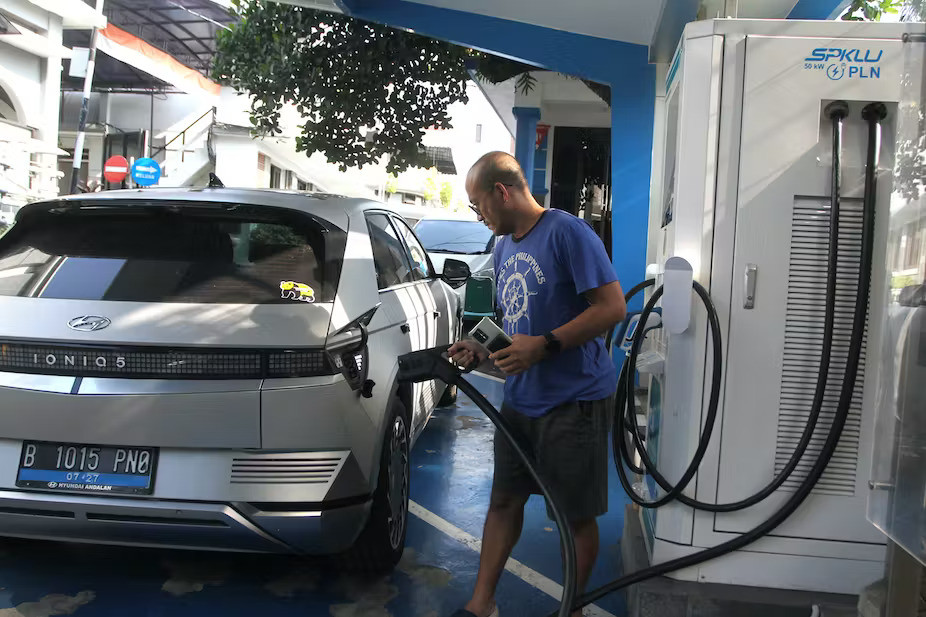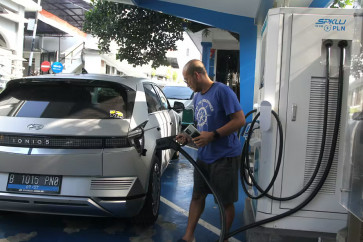Popular Reads
Top Results
Can't find what you're looking for?
View all search resultsPopular Reads
Top Results
Can't find what you're looking for?
View all search resultsDo EVs outperform ICE vehicles? Insights from the ASEAN market
A recent study showed that EVs were moderately preferred over ICE vehicles by those who have the ability to pay for a high-priced EV and who prioritize the emotional benefits of the vehicle.
Change text size
Gift Premium Articles
to Anyone
T
o overcome the global climate crisis, many countries are adopting electric vehicles (EVs). In ASEAN countries, incentive policies have been introduced to increase the demand for EVs. However, the adoption of EVs in the region is still low.
In 2021, the EV adoption rate in Thailand was 0.7 percent, followed by Malaysia and Indonesia with an adoption rate of 0.3 and 0.1 percent, respectively (McKinsey, 2021; Statista, 2021). Several studies have shown that the main barriers to EV adoption have to do with consumers’ concerns over high prices, limited charging stations and range capabilities.
According to surveys in 2020, the percentage of consumers that preferred an EV as their next vehicle in Indonesia, Malaysia, the Philippines and Vietnam fell below 5 percent. In Singapore and Thailand, that percentage was higher at 9 and 14 percent, respectively. On the other hand, 56 to 81 percent of consumers preferred internal combustion engine (ICE) cars (Deloitte, 2020; Statista, 2020).
Despite these statistics, the EV market in the region is experiencing growth. It is estimated that the compound annual growth rate will be in the range of 5 to 32 percent from 2023 to 2028. In ASEAN countries that have large vehicle markets such as Indonesia and Thailand, the future of the electrification program is promising.
In Indonesia, Presidential Regulation No. 55/2019 was introduced to accelerate the use of battery-powered EVs. The regulation includes incentives to make EVs more affordable and to build the EV ecosystem.
Similarly, Thailand has shown a strong commitment to electrifying its transportation system through the adoption of the 30@30 initiative and the planned ban on ICE vehicles by 2035 (Paudel et al., 2023).
The still low EV adoption and preference in the ASEAN market needs to be explained by the problem-solution fit analysis. Studies show that when there is a new solution, people will use previous experience to assess the benefits and perceived risks of the new solution (Tversky & Kahneman, 1991).



















